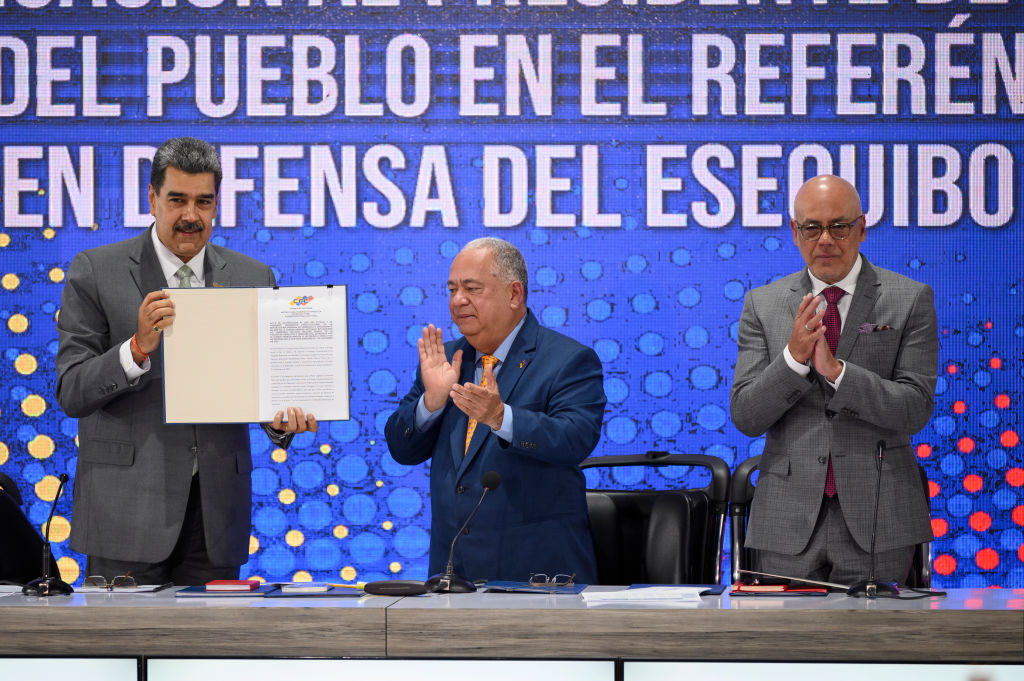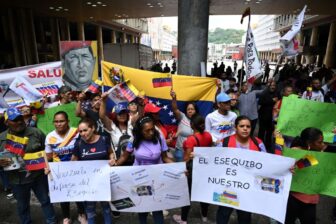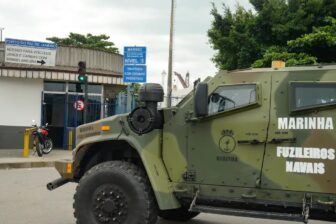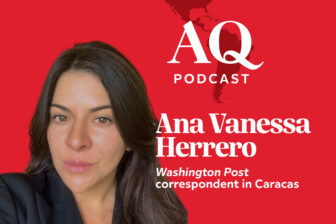SÃO PAULO — “There’s one thing South America does not need right now: trouble,” replied Brazil’s President Luiz Inácio Lula da Silva, when a reporter asked him about Venezuela’s December 3 referendum on seizing the Essequibo region of Guyana. “If there’s one thing we need to grow and improve the lives of our people, it’s for us to calm down and work hard to improve the lives of the people, and not think about fighting,” he said.
Most analysts agree that the Venezuelan government’s increasingly belligerent rhetoric toward Guyana should not be understood as a precursor to an actual conflict. But Venezuela’s rhetoric alone—Maduro’s Minister of Defense, General Vladimir Padrino López, last month appealed for “combat” over Essequibo—is particularly problematic for Lula. In May of this year, to great fanfare, Lula re-established diplomatic ties with Caracas and positioned himself as Maduro’s critical diplomatic ally.
The traditional strategy of Lula’s Workers Party has been to embrace Venezuela’s leaders to gain influence over them. But it has largely failed over the past two decades; Venezuela has experienced severe democratic backsliding. This strategy now faces another critical test. The mere fact that Guyana is considering asking the U.S. for military support to counter Venezuela is a sign of Lula’s limited capacity to project stability in his neighborhood. This could undermine Brazil’s quest for a bigger say in geopolitical crises around the world.
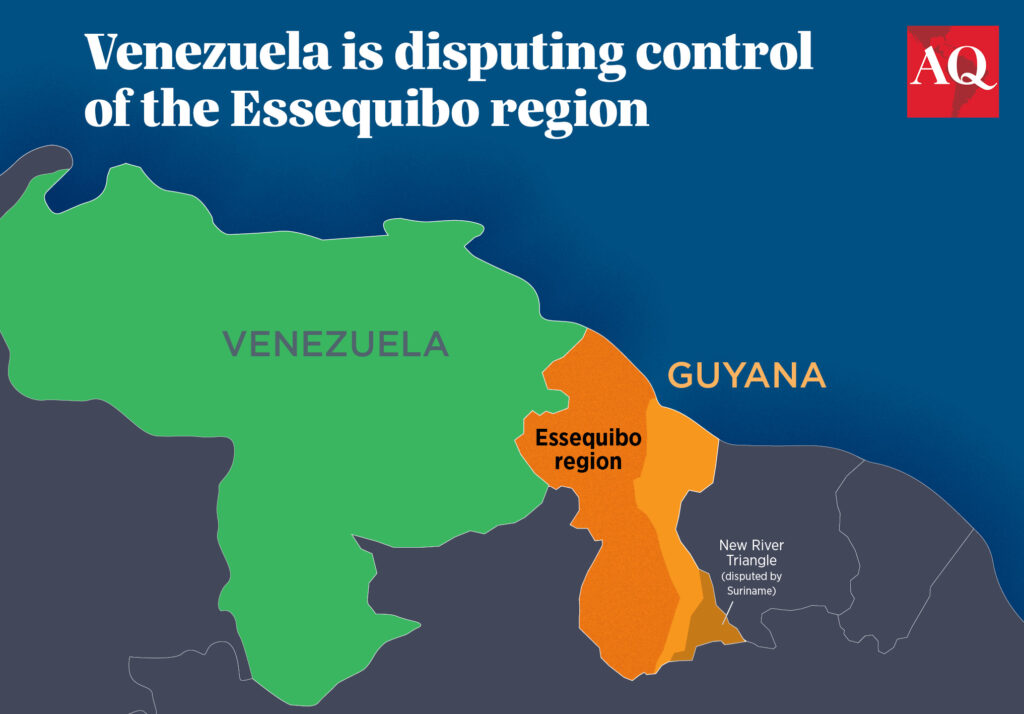
Indeed, Lula was slightly unnerved by what governments across the region view as an unnecessary distraction at a pivotal moment. As geopolitical tensions around the world intensify—most recently in the Middle East—South America’s low geopolitical risk and geographical separation from hotspots have become critical factors for the region as investors hedge portfolios against global shocks.
Any violation of Guyana’s sovereignty would result in near-universal diplomatic isolation and the reimposition of U.S. sanctions against Venezuela. It would also likely lead the government in Georgetown to receive international military support to defend itself. In response to the approaching referendum, Guyana’s Vice President Bharrat Jagdeo recently traveled to Washington to discuss deepening security ties. President Irfaan Ali may seek help from the U.S. to open a military base in the Essequibo region. After all, Lula’s recent call for “common sense, both on the side of Venezuela and Guyana” does not necessarily signal to the Guyanese government that Brazil is ready to denounce Maduro’s provocations more forcefully.
Maduro’s political calculus
Maduro consciously decided to produce a diplomatic crisis to advance his political interests at home, using the Essequibo issue to set the stage ahead of next year’s election. Turnout for the opposition primaries in October were unusually high; organized without state help, they attracted 2.3 million voters. The Maduro government may well have decided to organize a referendum on the Essequibo issue to show that it can mobilize more people.
In any event, the Essequibo issue seems perfectly suited for diverting public attention from an economic crisis. It stirs up nationalist sentiment and a narrative of victimhood due to centuries of perceived injustice. Meanwhile, the massive discoveries of oil in the Essequibo add fuel to the fire.
The referendum even divided the opposition. Some of Maduro’s opponents called for its suspension, while others defended it, perhaps out of fear of being called enemies of the fatherland. This division works in Maduro’s favor. Moreover, Maduro may seek to produce a sense of crisis to declare a state of emergency and postpone the elections, said Luis Vicente León, a well-known analyst on Venezuela.
While the integrity of the referendum’s results probably cannot be confirmed independently, it was no surprise that the government announced a high voter turnout. Nor is a surprise that a large majority of voters gave affirmative answers to the five questions deliberately phrased to elicit support. Maduro can be expected to use the outcome as a supposed mandate to ensure that the Essequibo issue dominates the public debate. He is likely to attempt numerous political stunts, ranging from moving Venezuelan troops to the border with Guyana to announcing the purchase of modern weaponry from Russia.
All this will produce headaches in presidential palaces across the region. Yet, as in past decades, Latin American leaders will likely realize that their capacity to influence the Venezuelan government is more limited than they would like.



